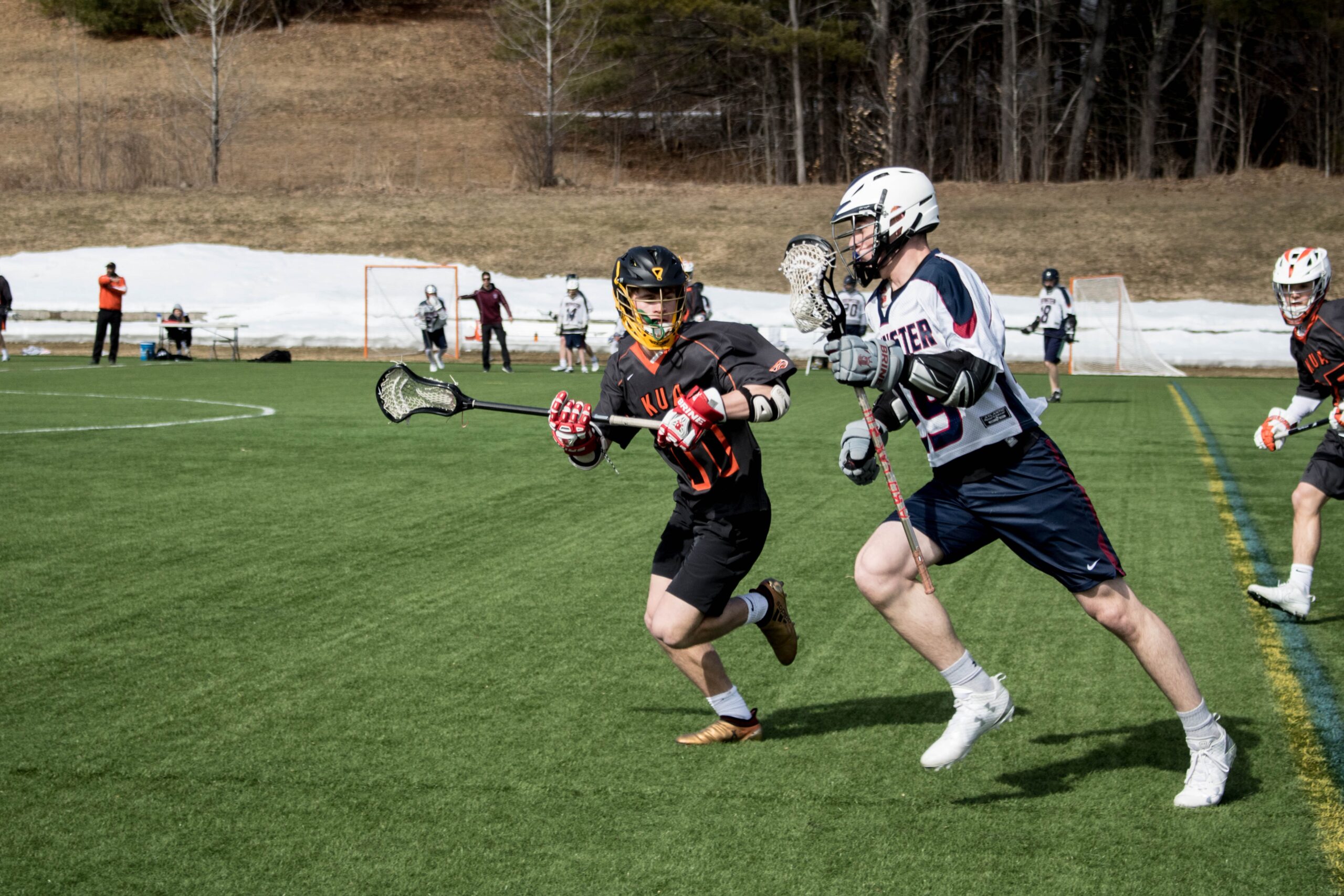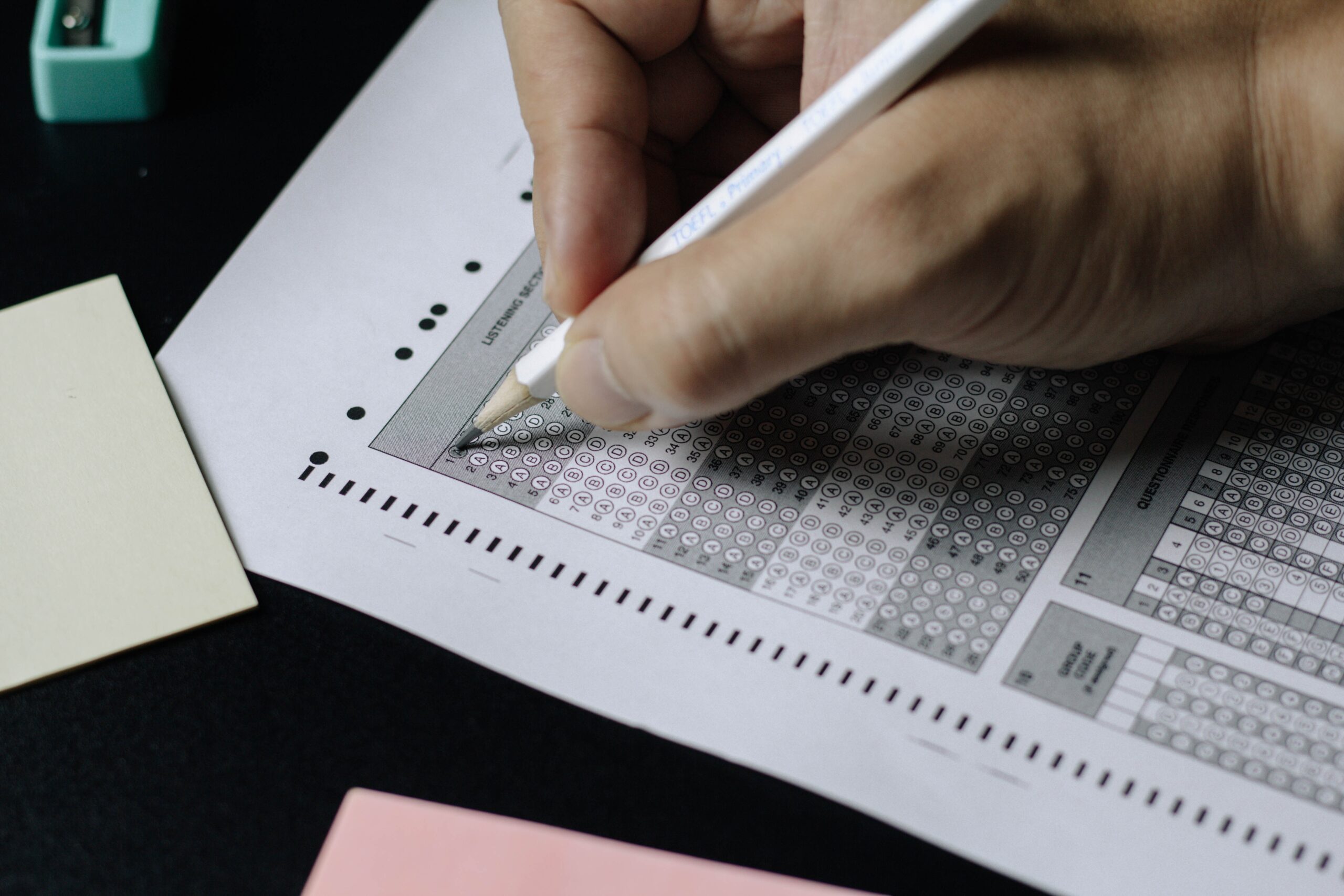How Long Is the Bar Exam: Understanding the Test Duration and Preparation Tips🎓⚖️

In many states, the bar exam is an extensive 12-hour assessment spread across two days. The initial day comprises the Multistate Essay Exam (MEE) and the Multistate Performance Test (MPT), while the subsequent day focuses on the Multistate Bar Exam (MBE), encompassing both essay and multiple-choice questions. Strategizing your time effectively is crucial due to the varied question formats.
- How Long Is the Bar Exam: Understanding the Test Duration and Preparation Tips🎓⚖️
- Why Is The Bar Exam 2 Days?
- Is The Bar Exam The Hardest Exam?
- How Long Is The Texas Bar?
The standard 12-hour, two-day format is a prevalent structure across states, yet exceptions exist. Louisiana, for instance, necessitates a 21-hour commitment distributed over three days for obtaining a law license. California, having transitioned from a 3-day format to align more closely with the national norm, is another example of state-specific variations.
It is imperative to recognize that certain states may impose additional jurisdiction-specific tests alongside the standard 2-day, 12-hour bar exam. Prospective candidates should meticulously review jurisdictional requirements to ascertain if supplementary components are mandated.
Why Is The Bar Exam 2 Days?
Commencing with the July 2017 examination, the California bar exam underwent a notable transformation, transitioning from a three-day ordeal to a more streamlined two-day format. This adjustment aimed to alleviate the overall burden on examinees. Let’s delve into the key modifications.
California Essays:
Traditionally, the California bar exam featured six one-hour essay questions. However, from July 2017 onward, this number was reduced to five one-hour essay questions.
Performance Tests:
Historically, examinees faced two three-hour Performance Tests, involving closed universe practice questions requiring a comprehensive assessment of a provided “file” and “library” to address a legal “task,” often in written form. Post-July 2017, the bar exam incorporated only one Performance Test, with a constrained timeframe of ninety minutes. The removal of the second Performance Test, along with a 50% reduction in the allocated time for the remaining test, accounted for a substantial portion of the time reduction in the California bar exam.
While the introduction of 90-minute Performance Tests was new for California, it aligns with the format of Multistate Performance Tests (MPTs) from the Uniform Bar Exam, which have consistently been of this duration. Consequently, a wealth of 90-minute MPTs is available for practice within the BarMax California curriculum.
Multistate Bar Exam (MBE):
Retaining historical continuity, the second day of the California bar exam still comprises two three-hour MBE sessions. Each session presents test-takers with 100 multiple-choice questions to complete.
Schedule:
The revamped California bar exam schedule is outlined as follows:
– Day 1 (Morning): Three one-hour essay questions.
– Day 1 (Afternoon): Two one-hour essay questions and one ninety-minute Performance Test.
– Day 2 (Morning & Afternoon): Two three-hour sessions, each featuring 100 multiple-choice MBE questions.
It is noteworthy that the subjects tested in the California bar exam remain unchanged, maintaining the same comprehensive scope. The complete list of topics can be accessed [here](link).
**Passing Score & Relative Weights:**
Although the minimum scaled score required to pass the exam remains at 1440, the relative weights assigned to the written and multiple-choice segments have undergone a significant shift. Under the new format, both the written and MBE portions of the California bar exam carry equal weight, each contributing 50% to the overall evaluation. This rebalancing reflects a noteworthy departure from the previous weight distribution.
Is The Bar Exam The Hardest Exam?
Presenting our compilation of the most challenging bar exams by state. For each state exam, we’ve provided details on pass rates, duration, and content. It’s essential to note that while pass rates offer insights into exam difficulty, they alone cannot fully capture the intricacies of the challenge.
1. California
– Length: Two days
– Pass rate: 34%
– Recognized for its formidable reputation, the California bar exam spans two days and requires a cut score of 1390 out of 2000, surpassing the national average by 40 points. The components include five essay questions (60 minutes each), one 90-minute Performance Test, and the Multistate Bar Examination (MBE) with around 200 multiple-choice questions.
2. Arkansas
– Length: Two days
– Pass rate: 70%
– Arkansas claims the second spot for its challenging bar exam, attributed to the extensive content it encompasses. Administered twice a year over two days, the exam’s cut score is 270, equivalent to 135 on the MBE’s 200-point scale.
3. Washington
– Length: Two days
– Pass rate: 72%
– Washington’s bar exam, ranking third in difficulty, spans two days and features six Multistate Essay Exam questions (MEE), two Multistate Performance Test questions (MPT), and the Multistate Bar Exam (MBE). Notably challenging due to its extensive subject matter, the cut score was historically 270, later reduced to 266 in response to the COVID-19 pandemic.
4. Louisiana
– Length: Three days
– Pass rate: 41%
– Standing out for its length and unique material, the Louisiana bar exam demands a specialized understanding of the state’s law. The cut score is 650 out of 900, and the exam, spread over three days, covers subjects distinct to Louisiana, resulting in non-portability of scores.
5. Nevada
– Length: 2.5 days
– Pass rate: 62%
– Nevada’s bar exam, with pass rates reminiscent of California, extends over 2.5 days and encompasses the nationwide MBE and MPT sections, along with a notably challenging state essay portion. The cut score is 140 on a 200-point scale, or a total scaled score of 75 or higher.
Other States With Difficult Bar Exams:
– Delaware (Pass rate: 67%)
– Virginia (Pass rate: 75%)
– Oregon (Pass rate: 79%)
– West Virginia (Pass rate: 58%)
– Vermont (Pass rate: 54%)
– Maryland (Pass rate: 68%)
For a comprehensive evaluation of bar exam difficulty, we consider factors such as length, subject matter, pass rate, and general consensus. Pass rates have been rounded to the nearest percentage.
How Long Is The Texas Bar?
Texas Bar Exam: Dates, Cost, and Location
Exam Type: 2 ½-day exam
Dates: February 27–28, 2024
Bar Exam Fee: $575 + NCBE Fee
Re-take Fee: $375
The Texas Bar Exam, a 2 ½-day evaluation, is set to transition to the UBE format in February 2021. Here’s a breakdown of the exam days:
Day 1:
– One 90-minute Multistate Performance Test (MPT) question.
– One 90-minute Procedure and Evidence exam, comprising 20 Criminal and Civil Procedure and Evidence questions.
Day 2:
– Multistate Bar Exam (MBE): A challenging 200-question, multiple-choice exam.
Day 3:
– Twelve Texas-drafted essay questions, distributed as six in the morning and six in the afternoon.
Subjects Tested on the Texas Bar Exam:
Short Answer/Objective subjects (Day 1):
– Civil Procedure (including federal and state court jurisdiction, pleading and practice).
– Criminal Procedure.
– Evidence.
Texas Essay subjects (Day 3):
– Bankruptcy.
– Business Associations (Agency, Corporations, Partnerships, Limited Liability Companies, Professional Associations).
– Consumer Rights.
– Family Law.
– Real Property (including Oil and Gas).
– Taxation (Income, Estate, and Gift).
– Trusts & Guardianships.
– UCC.
– Wills & Administration.
MBE subjects (Day 2):
– Contracts.
– Criminal Law and Procedure.
– Constitutional Law.
– Evidence.
– Real Property.
– Torts.
Minimum Score for MPRE:
A scaled score of 85 on the MPRE is necessary for admission.
Scoring of the Texas Bar Exam:
MBE is weighted at 40%, essays at 40%, MPT at 10%, and the Procedure/Evidence exam at 10%. Scores are scaled and combined, requiring a passing score of 675 out of a possible 1000 points.
Release of Exam Results:
Results are typically available in early May for the February exam and early November for the July exam.
MBE Score Transfer:
Texas does not accept MBE scores from other jurisdictions.
Reciprocity for TX Bar Exam:
To be eligible for admission without taking the Texas Bar Exam, the applicant must be an active member of a state bar in good standing, engaged in active law practice for 5 of the last 7 years, and a graduate of an ABA-accredited law school.
Application Deadlines and Fees:
Visit the [Texas Board of Law Examiners website](https://ble.texas.gov) for comprehensive details on application deadlines, fees, and additional information.
Contact Information for Texas State Bar:
– Web: [Texas Board of Law Examiners](https://ble.texas.gov)
– Tel: (512) 463-1621





